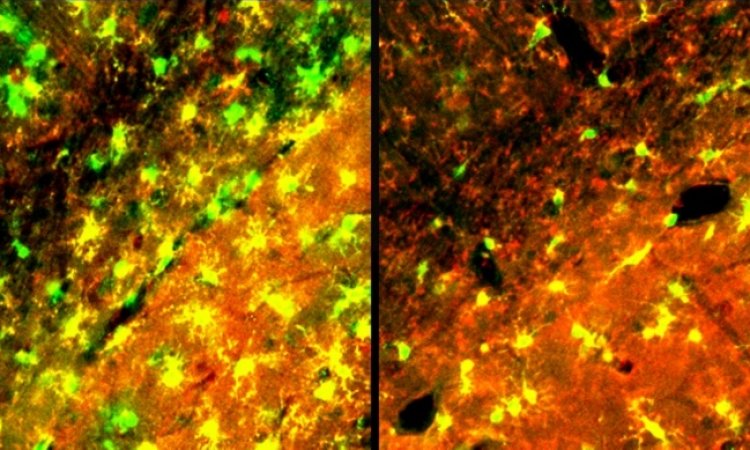News • Hot, spicy & dangerous
Chili lovers might increase dementia risk
Think twice before adding that extra kick of chili sauce or chopped jalapeno to your meal. New research involving the University of South Australia shows a spicy diet could be linked to dementia.
Source: Unsplash/Elle Hughes
A 15-year study of 4582 Chinese adults aged over 55 found evidence of faster cognitive decline in those who consistently ate more than 50 grams of chili a day. Memory decline was even more significant if the chili lovers were slim. The study, led by Dr Zumin Shi from Qatar University and published in the journal Nutrients, showed that those who consumed in excess of 50 grams of chili a day had almost double the risk of memory decline and poor cognition. “Chili consumption was found to be beneficial for body weight and blood pressure in our previous studies. However, in this study, we found adverse effects on cognition among older adults,” Dr Zumin says.

UniSA epidemiologist Dr Ming Li, one of five researchers involved in the study, says chili intake included both fresh and dried chili peppers but not sweet capsicum or black pepper. “Chili is one of the most commonly used spices in the world and particularly popular in Asia compared to European countries,” Dr Li says. “In certain regions of China, such as Sichuan and Hunan, almost one in three adults consume spicy food every day.”
Capsaicin is the active component in chili which reportedly speeds up metabolism, fat loss and inhibits vascular disorders but this is the first longitudinal study to investigate the association between chili intake and cognitive function. Those who ate a lot of chili had a lower income and body mass index (BMI) and were more physically active compared to non-consumers. Researchers say people of normal body weight may be more sensitive to chili intake than overweight people, hence the impact on memory and weight. Education levels may also play a role in cognitive decline and this link requires further research.
Source: University of South Australia
22.07.2019











